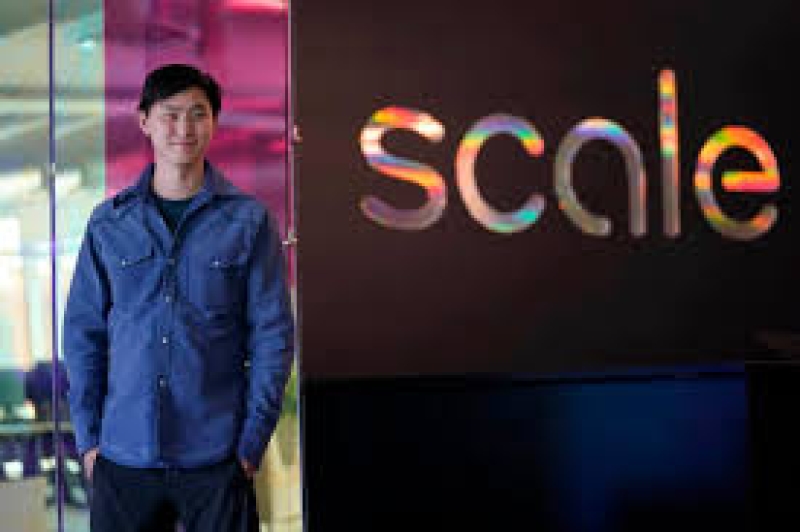- Israel Strikes Tehran with US Support Amid Nuclear Tensions |
- India Sees 9% Drop in Foreign Tourists as Bangladesh Visits Plunge |
- Dhaka Urges Restraint in Pakistan-Afghan War |
- Guterres Urges Action on Safe Migration Pact |
- OpenAI Raises $110B in Amazon-Led Funding |
Meta Invests $14.3B in Scale, Hires CEO for AI Team

Meta has invested $14.3 billion in AI firm Scale and recruited its CEO, Alexandr Wang, to join a new team focused on developing “superintelligence,” marking a major move in the company’s AI ambitions.
Announced Thursday, the deal represents Meta’s biggest AI play since the rise of ChatGPT sparked an industry arms race. It comes as Meta CEO Mark Zuckerberg doubles down on artificial intelligence, shifting focus from the metaverse to human-level and even superhuman AI capabilities.
Under the agreement, Meta will acquire a 49% stake in Scale but the company will remain independent. Scale said the investment brings its valuation to over $29 billion and will significantly expand its commercial relationship with Meta.
While Wang departs for Meta with a small group of Scale employees, he will retain a seat on Scale’s board. Jason Droege, formerly chief strategy officer at Scale and a past executive at Uber Eats and Axon, will serve as interim CEO.
Zuckerberg’s growing interest in "superintelligence" — more commonly known as artificial general intelligence (AGI) — mirrors similar talent acquisitions by rivals. Microsoft hired much of Inflection AI’s leadership, including co-founder Mustafa Suleyman, while Amazon secured key staff and technology from Adept. Google brought on leaders from Character.AI.
Meta, which has lagged in public AI deployment compared to OpenAI and Google, is now signaling a more aggressive approach. It already open-sourced its Llama models, and its next major release — Llama 4 Behemoth — is expected soon, though it has yet to launch despite being previewed in April.
Meta claims more than a billion users engage with its AI tools monthly, but critics argue it trails in deploying widely-used consumer products built on large language models (LLMs).
Wang founded Scale in 2016 as a 19-year-old MIT dropout alongside co-founder Lucy Guo. The startup initially focused on helping self-driving car systems by labeling data like pedestrians and street signs. Over time, it evolved to power the training and testing of nearly every major LLM in the market — including models from Meta, OpenAI, Microsoft, and Anthropic.
Scale’s platform, sometimes described as a more specialized version of Amazon’s Mechanical Turk, connects human annotators to AI training tasks. Its growing government portfolio includes Pentagon contracts, and Meta has also begun providing AI services to the U.S. federal government.
It remains unclear how Meta’s partial ownership will affect Scale’s relationships with its other high-profile clients.
Meta’s AI strategy is increasingly shaped by its longtime chief scientist Yann LeCun, a Turing Award winner known for his skepticism of current LLM-centric approaches. LeCun argues that true intelligence requires systems that can reason, plan, and interact with the physical world — traits current models lack.
Speaking at France’s VivaTech conference, LeCun said Meta’s vision remains focused on developing human-level or superhuman AI. “Now we have a clearer path to achieve it,” he added, without commenting directly on the Scale deal.
Meta’s AI research group, originally co-founded by LeCun and NYU professor Rob Fergus, recently brought Fergus back from Google to lead its next phase. He described the company’s efforts as “building human-level experiences that transform the way we interact with technology.”

